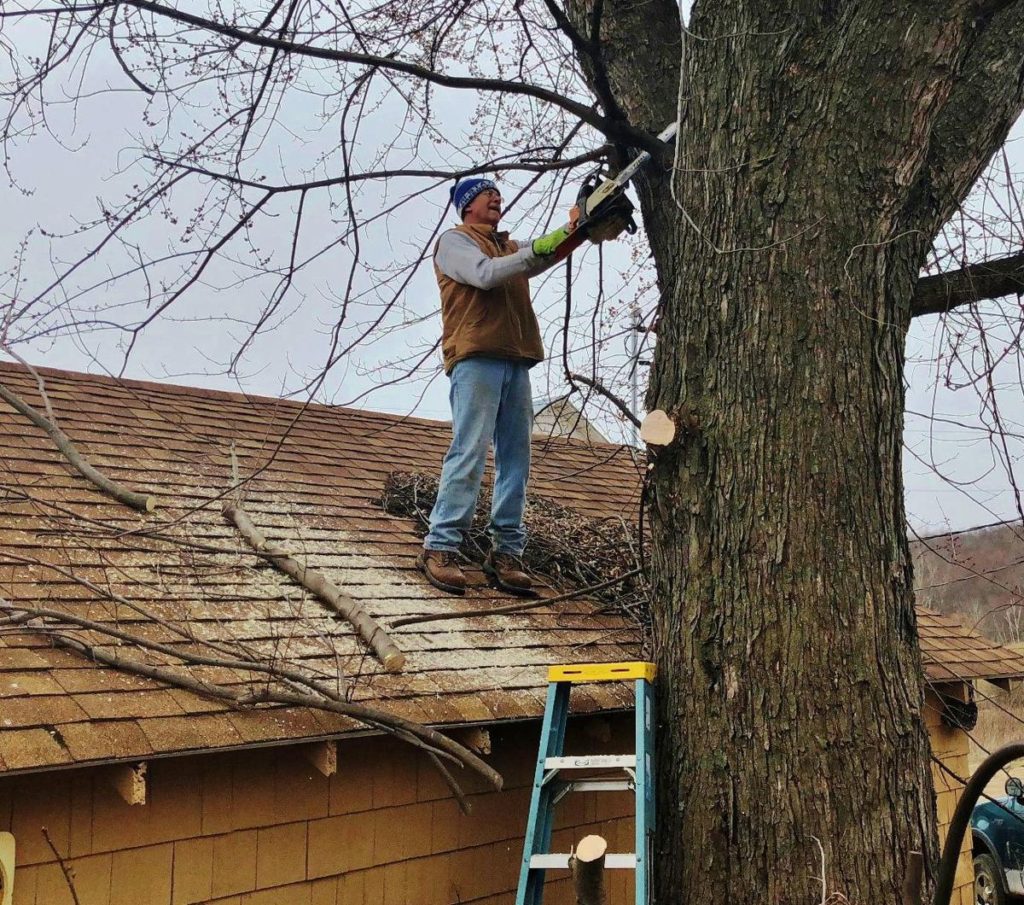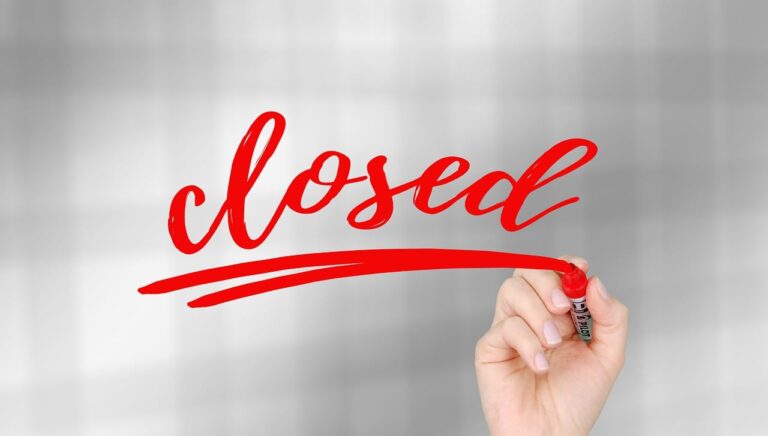Back Home by Chris Hardie
» Download this column as a Word document
» Download the photo that accompanies this story
» More columns by Chris Hardie
» Chris Hardie’s headshot
Operating a farm, winery and inn while still working full time requires dedication, focus, organization and efficiency. There’s only so much time in the day to do the jobs.
Those traits run contrary to my live-in-the-moment personality. I tend to deal with the urgent issues and let the other tasks live for another day.
The cows are out? Chase them and temporarily fix the fence.
House becoming cold? Cut a little wood and fill the furnace.
Sink leaking? Grab a bucket and put under the drain.

Fortunately, I have a spouse who makes lists — and is still ready for the challenge after 36 years of trying to lead this old horse to water. Without Sherry’s efforts and vision I probably would have remained a poor journalist, which a former colleague would say is redundant.
In Sherry’s view if one properly fixes the fence, cuts enough wood and calls the plumber, one can avoid needing to put out fires. The time spent fighting fires can be utilized for bigger and better things. That’s accomplished through an organizational plan called “the honey-do list.”
It’s likely the first honey-do list in history preceded the written language, when Ms. Ugh refused to allow Mr. Ugh into the cave until he finally took that long overdue bath. Now we have various means of recording lists, from pen and paper to daily reminders on the computer and apps.
We tend to like lists — best movies, best songs, best places to live, best-dressed celebrities, best beers. The list of lists is countless. Benjamin Franklin was a big fan of lists. He even made a calendar-checklist on how well he was performing on 13 virtues of temperance, silence, order, resolution, frugality, industry, sincerity, justice, moderation, cleanliness, tranquility, chastity and humility.
Clearly, Franklin was an overachiever. I’d settle for healthy, wealthy and wise. But even with a rigid daily work schedule, Franklin would find it was impossible to keep up because practicing some virtues would conflict with others. For example, he learned that mending his own clothes attempting to be frugal takes a lot of time. Thankfully, Franklin learned to relax; he found time to invent things and edit important documents like the Declaration of Independence.
Honey-do lists are effective in fighting what psychologists call the “Zeigarnik Effect.” Named after Lithuanian psychologist Bluma Zeigarnik, it’s the tendency to experience intrusive thoughts about an objective that was once pursued and left incomplete. Simply put, we tend to remember those tasks that are left unfinished.
Could it be that my internal Zeigarnik is much weaker than Sherry’s?
My biggest gripe about the honey-do list is that it’s like the ever-expanding universe. Just when I feel I’ve made progress by accomplishing a task or two, a new list emerges with even more tasks. It should be slightly less Sisyphean.
The seasonal to-do list includes the usual landscaping and yard cleanup. This past week Sherry and I spent several hours raking leaves left under a maple tree in our backyard next to the garage. There also was a pile of leaves and branches on the garage roof.
The pile was noted by Sherry, who said I should trim the branches hanging over the roof. So I fetched the ladder and the chainsaw. It only took a couple of minutes to cut the branches, which I hauled away in the back of my pickup.
I noticed Sherry taking a couple of photos of me while I was working on the roof. She told me the branch trimming had been on her honey-do list for four years. I said I wanted to see the task marked off the list, but apparently I’m only allowed access to the redacted version.
But we have visual proof that one task was accomplished. For a brief moment I was Benjamin Franklin enjoying the virtue of resolution.
Then I remembered that the barnyard needs cleaning, plants need to be moved and the garden needs tilling. No time for laurel-resting. The honey-do list of tasks beckons.
I promise to do them — tomorrow.
Chris Hardie spent more than 30 years as a reporter, editor



